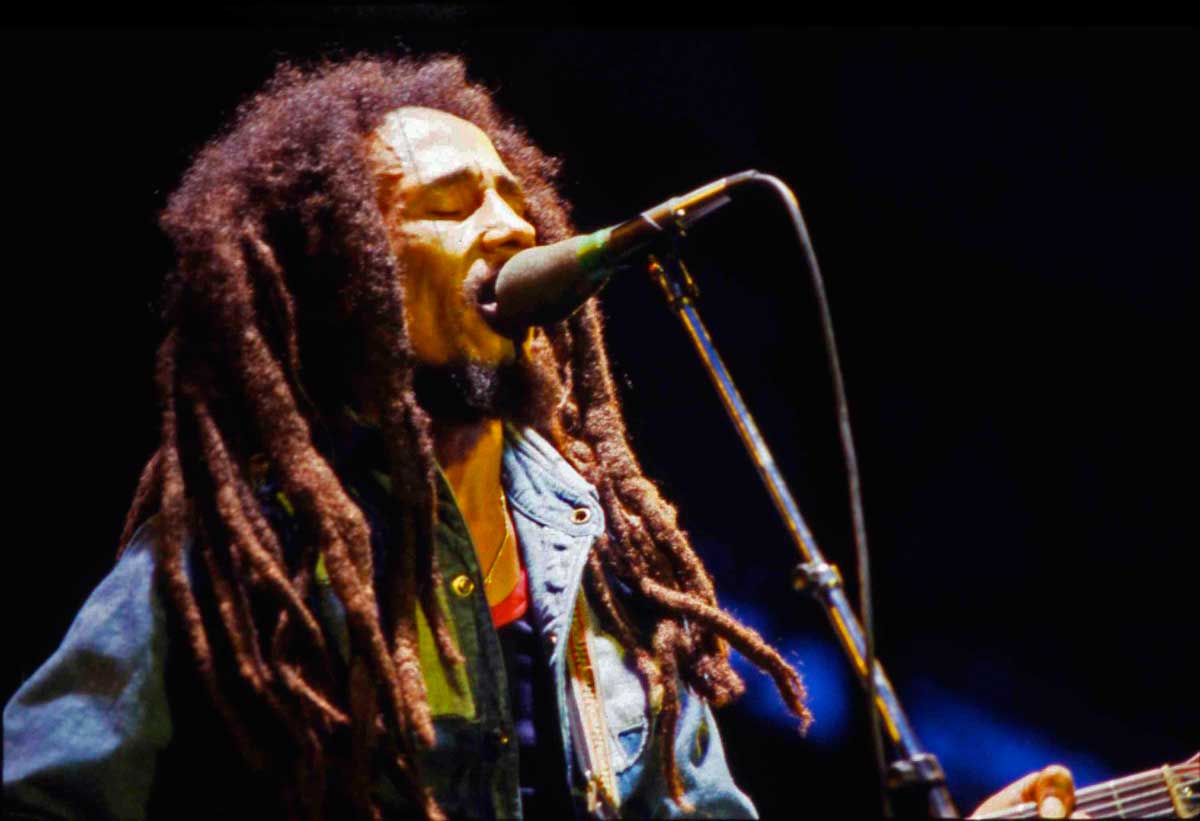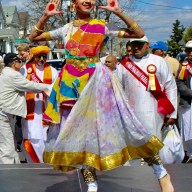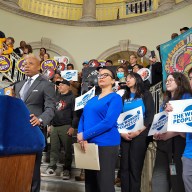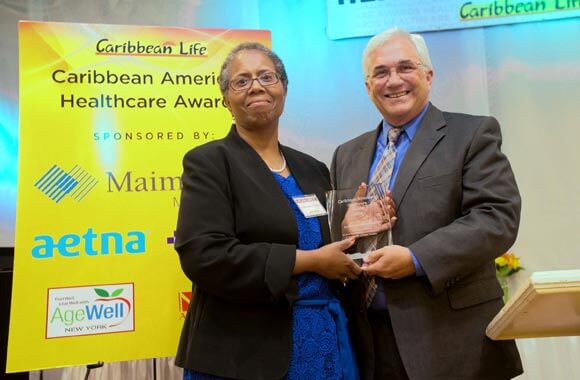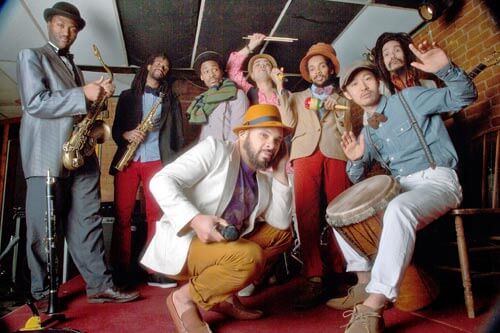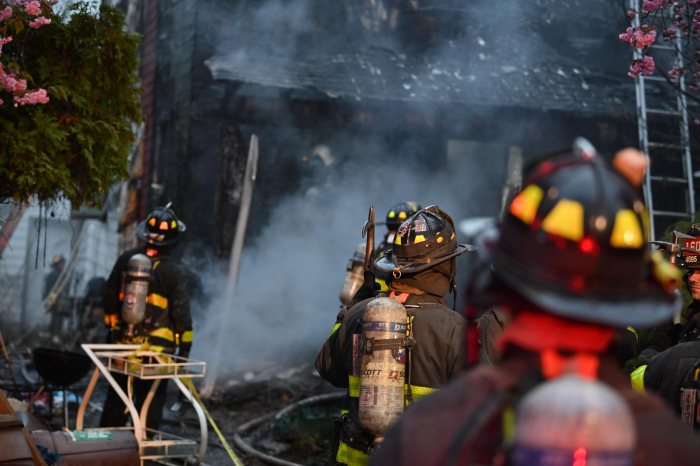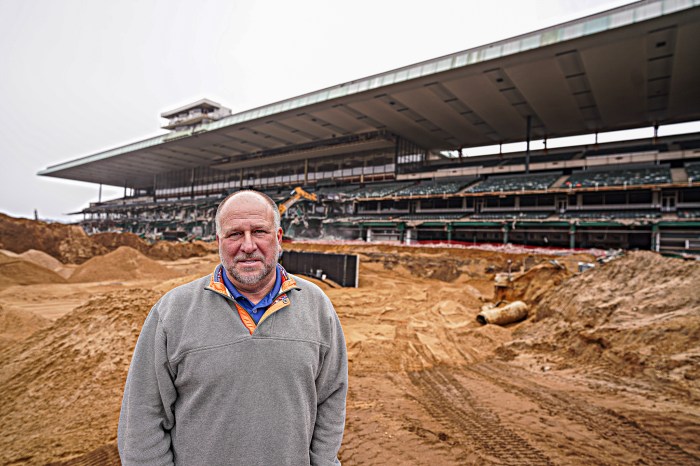May 11 marks 37 years since the untimely passing of the only Rastafarian, songwriter, legend, musician and world acclaimed superstar from the Caribbean.
Scratch that, no add to it, Robert Nesta Marley remains the only disciple of Ethiopia’s Emperor Haile Selassie I to use his music to unite peoples throughout the world and in the process emerged the internationally acclaimed first Third World superstar.
There was and is no other individual claiming such repute other than Marley who after three decades and seven years after his premature departure on May 11 is annually recalled as a legend.
“It’s not the happiest day, but we’ve learned to live with it,” his eldest son David aka Ziggy told Reuters.
“The actual day is a day of journey. It’s a day of movement. We accept it as that. We’re not here to cry or to be sad. We’re here to celebrate and be happy.”
Every anniversary, members of the Marley family, reggae fans as well as cultural celebrants recall the Caribbean man who motivated generations to “Get Up, Stand Up” for human rights.
In fact, since his passing he has added to an already impressive long list of lifetime accomplishment with presentations of a myriad of posthumous achievements that exalt his legacy.
Three years after his passing, Island Records released “Legend” a compilation of some of Marley’s greatest hits. Since that date, the album has annually sold more than 250,000 copies.
Nielsen Sound Scan claims that it is only the 17th album to exceed sales of 10 million copies.
With roadways, schools, cultural centers, music divisions, children and awards named in his honor, Bob Marley’s stature has reached iconic proportions.
Last year, in as many years as he lived, Africans in – Nigeria, Ghana, Rwanda, Liberia, Zimbabwe, The Gambia – rolled out the red carpet to acknowledge the 36-year milestone time-frame he lived and the 36th year anniversary of his passing.
Radio stations programmed his music throughout the day and concerts, and clubs celebrated the charismatic Jamaican renowned for composing freedom songs.
In his birth-island of Jamaica, the all-reggae, 24-hour radio station tailored a playlist to fill the IRIE-FM format.
Reportedly, this year, similar anniversary events are scheduled in those and other nations.
Here, clubs have booked reggae acts to celebrate his global contribution and undoubtedly radio stations will pay homage to the avowed king of reggae.
Since his death, the Marley legacy continues to regale the genre, the island, culture and Rastafarian doctrine which he regularly proclaimed to be his spiritual guide.
Marley was posthumously inducted into the Rock and Roll Hall of Fame in 1994. Rock royalty Bono lauded his accolades during the induction ceremony.
Five years later at the close of the 20th century; Marley’s, “Exodus” an album he recorded in 1977 was named Album of the Century by Time Magazine.
“One Love,” a song which has become an anthem to unification, was also designated Song of the Millennium by the BBC.
At the turn of the century, Marley was accorded the 2171st star on the Hollywood Walk of Fame by the Hollywood Historic Trust and the Hollywood Chamber of Commerce in California.
Bob Marley’s music was never recognized with a Grammy nomination however, his children Ziggy, Steven, Damian, Julian and Kymani have all been nominated for the coveted miniature golden gramophone and to date his off-springs possess the highest amounts of Grammy awards in the reggae category.
Nevertheless, Marley was bestowed The Grammy Lifetime Achievement Award in 2002, an honor given by the Recording Academy to “performers who during their lifetimes, have made creative contributions of outstanding artistic significance to the field of recording.”
That same year, a feature length documentary “Bob Marley’s Life, Rebel Music” spotlighted the story about the dreadlocked singer who made Trench Town — a garrison community in Kingston — a place tourists now revel as a main attraction.
Directed by Jeremy Marre, the feature was nominated for a Grammy award for Best Long Form Music Video documentary.
A few years later, a Brooklyn boulevard was named in his honor after community board 17 propositioned the idea to the City Council. East New York Councilman Charles Barron sponsored a bill to rename a portion of Church Ave. in Marley’s honor.
After winning approval, Mayor Michael Bloomberg signed into law that a stretch of the thoroughfare in the Caribbean-dominated, East Flatbush area from 98th St. to Remsen Ave. would be known as Bob Marley Blvd.
The unveiling occurred July 1 — International Reggae Day — at the corner of Remsen Ave. and was witnessed by Barron, the Brooklyn councilman who introduced the legislation to the entire city council.
Also present were Marley’s son Rohan and legions of fans. Portia Simpson Miller, the first female prime minister of Jamaica sent sentiments from her nation. Her message expressed pride and accomplishment of a native son and were delivered by Basil K. Bryan, the island’s Consul General to New York.
Seven years ago on the 30th anniversary date in May, Marley’s eldest son Ziggy celebrated his father’s life with patrons and friends who gathered at the Grammy Museum where an exhibition about his father opened.
The museum’s curators, showcased photographs, musical instruments and memorabilia from personal collections the family loaned.
That same year “Late Night with Jimmy Fallon” commemorated the anniversary of Marley’s passing with an entire week (May 9-13) devoted to his music. Performances by Ziggy, Jennifer Hudson, Lauryn Hill, Lenny Kravitz and the show’s house band The Roots highlighted the television talk show.
According to a family web portal dedicated to his memory; “These triumphs are all the more remarkable considering Bob Marley’s humble beginnings and numerous challenges he overcame attempting to gain a foothold in Jamaica’s chaotic music industry while skillfully navigating the politically partisan violence that abounded in Kingston throughout the 1970s.”
Catch You On The Inside!


